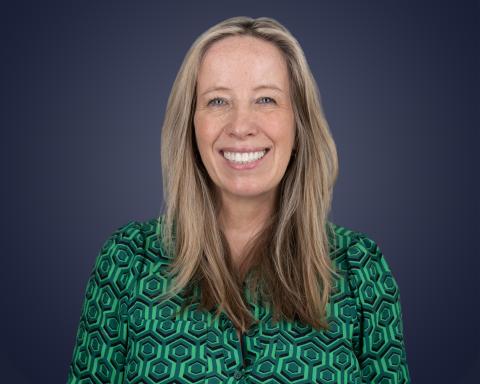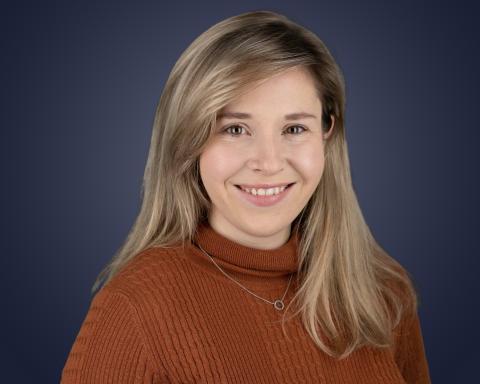Homepage
Enders Analysis provides a subscription research service covering the media, entertainment, mobile and fixed telecommunications industries in Europe, with a special focus on new technologies and media.
Our research is independent and evidence-based, covering all sides of the market: consumers, leading companies, industry trends, forecasts and public policy & regulation. A complete list of our research can be found here.

Karen Egan was quoted in City A.M on Analysts see ‘path to approval’ for Vodafone and Three deal
13 September 2024Karen Egan was quoted in BNN Bloomberg on "Vodafone’s Three Deal Could Harm Mobile Market, UK’s CMA Says"
13 September 2024A greenish light: Vodafone/Three merger provisional findings
13 September 2024The CMA's provisional findings on the Vodafone/Three merger reiterate its concerns around the impact on the retail and wholesale market but its previous issues regarding mobile towers sharing with BT/EE have been satisfied
Crucially, the CMA seems somewhat dismissive of structural remedies, although hasn't ruled them out entirely. Remedies sought in the form of network and pricing commitments seem somewhat unnecessary, but nonetheless workable
We now expect the Vodafone Three merger to gain approval in December, with remedy detail negotiated over the coming months—a very significant positive development for the sector
Jamie MacEwan was quoted in Business Insider on "Apple's China rival Huawei just upstaged the iPhone 16 launch"
10 September 2024Prices up, revenues down: European mobile in Q2 2024
10 September 2024Service revenue growth dropped off by 2.7ppts this quarter, and into negative territory, as operators in all markets suffered weaker growth
Operators in France and the UK implemented price increases this quarter but re-contracting absorbed any positive revenue impact. In Italy, regulatory intervention thwarted operator plans to raise prices
Increasing competitive intensity in France and Germany comes at a time when operators can ill-afford ARPU dilution and high churn

